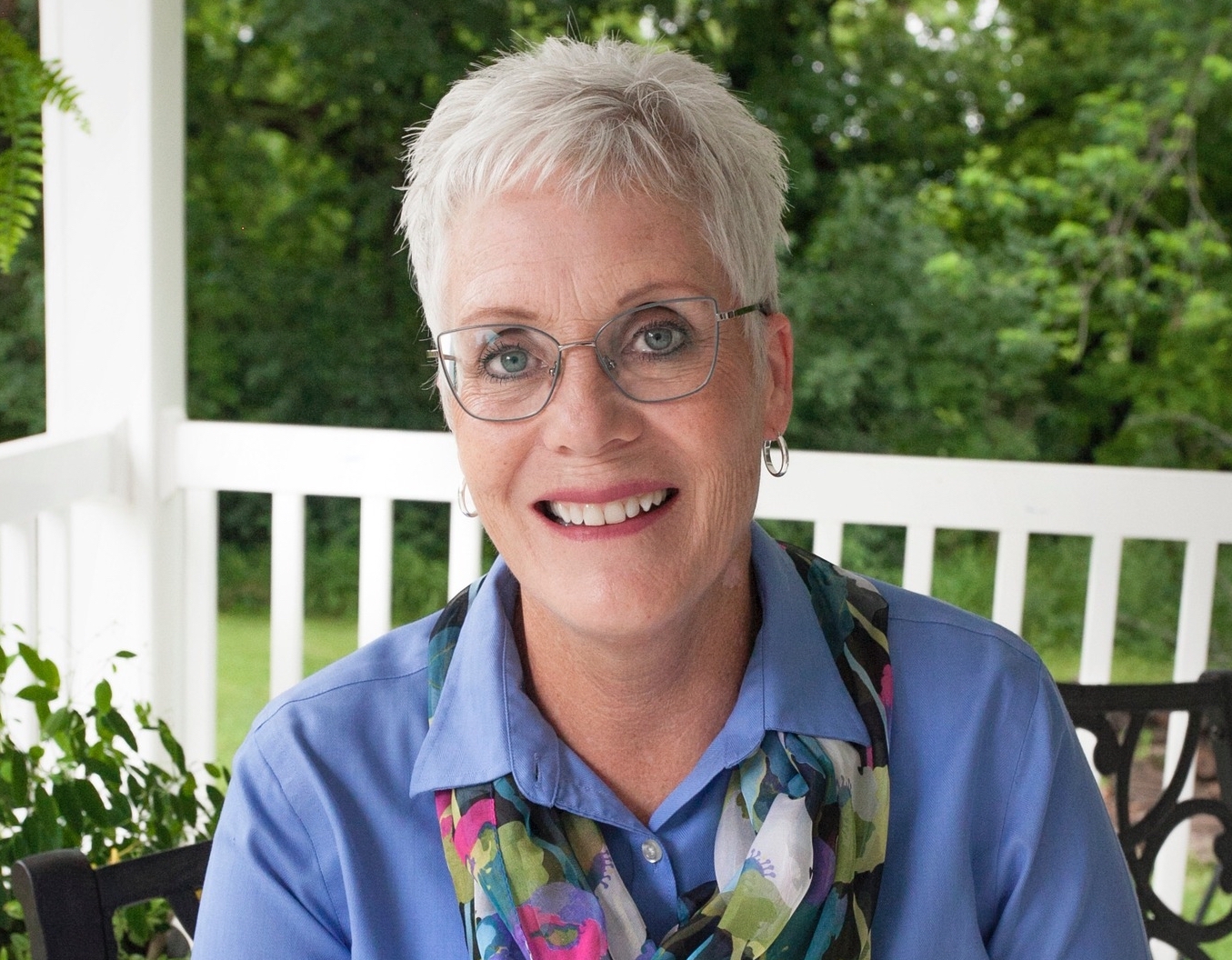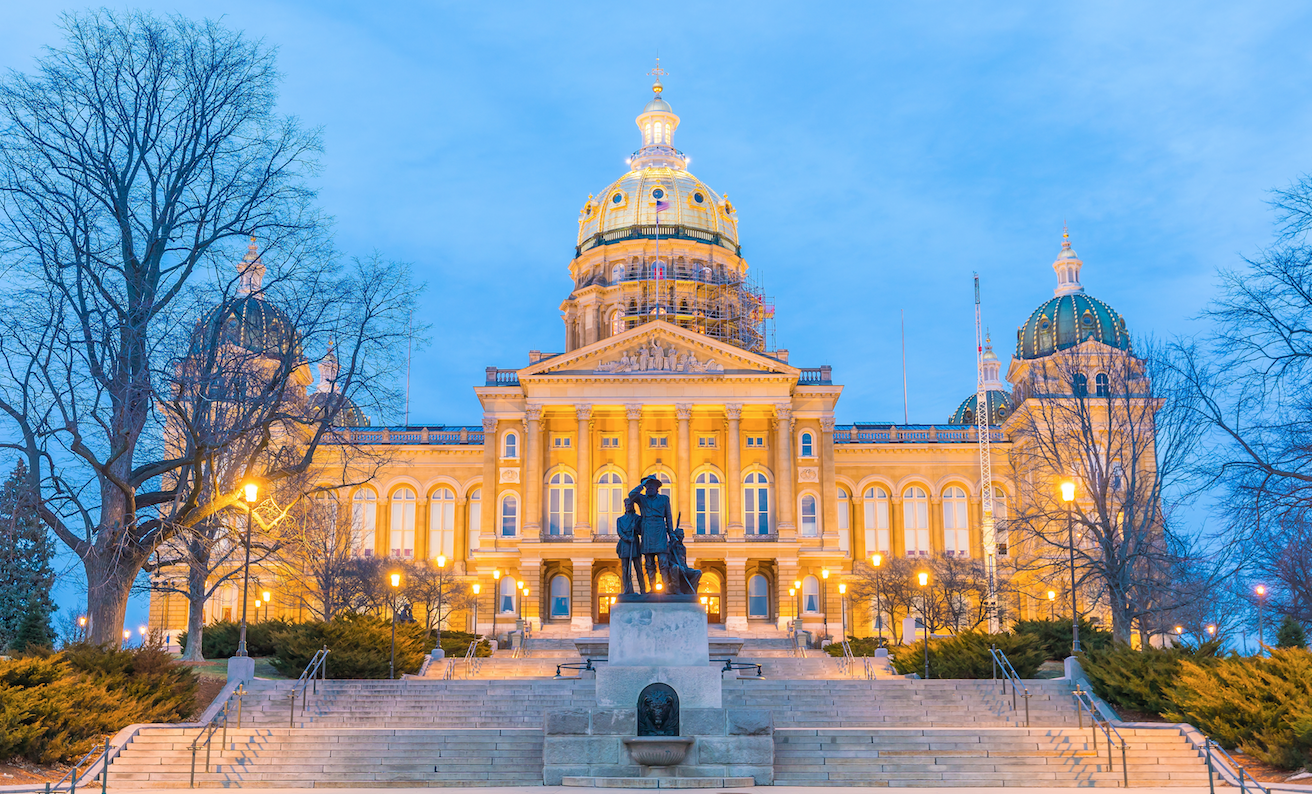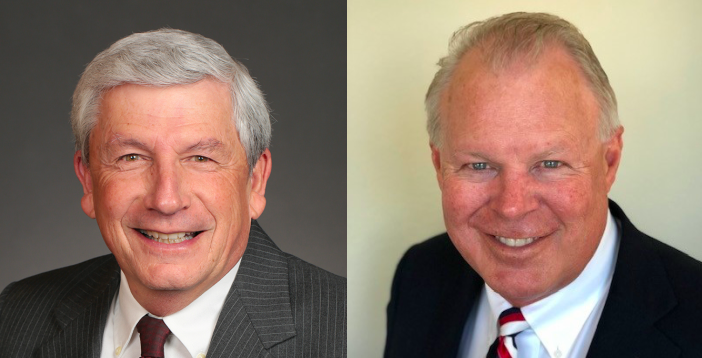Democrats have a new candidate in Iowa House district 58, which will likely be targeted by both parties. Jessica Kean, who works for a non-profit organization in Maquoketa, will seek the nomination at a special convention next month. Previous Democratic candidate Peter Hird had been running for the seat since last October and was unopposed in the primary, but yesterday he announced plans to end his campaign for unspecified “personal reasons,” following “much deliberation.” The party’s new recruit Kean will be favored at the special convention, even if other Democrats enter the fray.
Among the most Democratic-leaning Iowa legislative seats currently held by a Republican, House district 58 is a must-win for Democrats to have any hope of regaining control of the lower chamber, where the party now holds 43 of the 100 seats. It became one of the top pickup opportunities when GOP State Representative Brian Moore decided not to seek re-election, joining more than half a dozen of his colleagues this cycle.
I assumed Moore would be a one-term wonder after his shocking, narrow victory in 2010. But his constituents re-elected him even as Barack Obama received 55.6 percent of the vote in House district 58 in 2012. Only residents of House district 91 in the Muscatine area gave a higher share of their votes to the president while electing a Republican to the Iowa House. According to the latest figures from the Iowa Secretary of State’s office, House district 58 contains 7,038 active registered Democrats, 5,236 Republicans, and 8,567 no-party voters.
The GOP candidate in House district 58 is former state lawmaker Andy McKean. He easily won a three-way primary with more than 62 percent of the vote. He served fourteen years in the Iowa House and ten in the Senate before retiring in 2002 to run successfully for Jones County supervisor.
Given McKean’s political experience and long career as an attorney in the Anamosa area, I am surprised he hasn’t raised more money for his House campaign. He reported $8,351.00 in contributions by mid-May, mostly from individuals, but spent almost all of that cash before the June primary. He raised another $5,115.00 in the next reporting period, of which $3,000 came from a PAC representing general contractors. As of July 14, McKean had just $4,594.23 cash on hand. House Republican leaders will probably need to spend part of Speaker Linda Upmeyer’s huge war chest defending this seat.
I enclose below background on both candidates and a map of the district, which covers all of Jackson County, much of Jones County, and two rural Dubuque County townships. Donald Trump carried Jackson County and most of the Jones County precincts in the February 1 precinct caucuses, while Marco Rubio carried the Dubuque County precincts. On the Democratic side, Hillary Clinton carried Jackson County; the Jones County precincts were a mixed bag, and the Dubuque precincts were a tie.
More voters in House district 58 live in Jackson County (Kean’s base) than in Jones County, where McKean has lived for decades. On the other hand, Kean is a first-time candidate, whereas McKean has been elected to the state legislature ten times.
Continue Reading...







